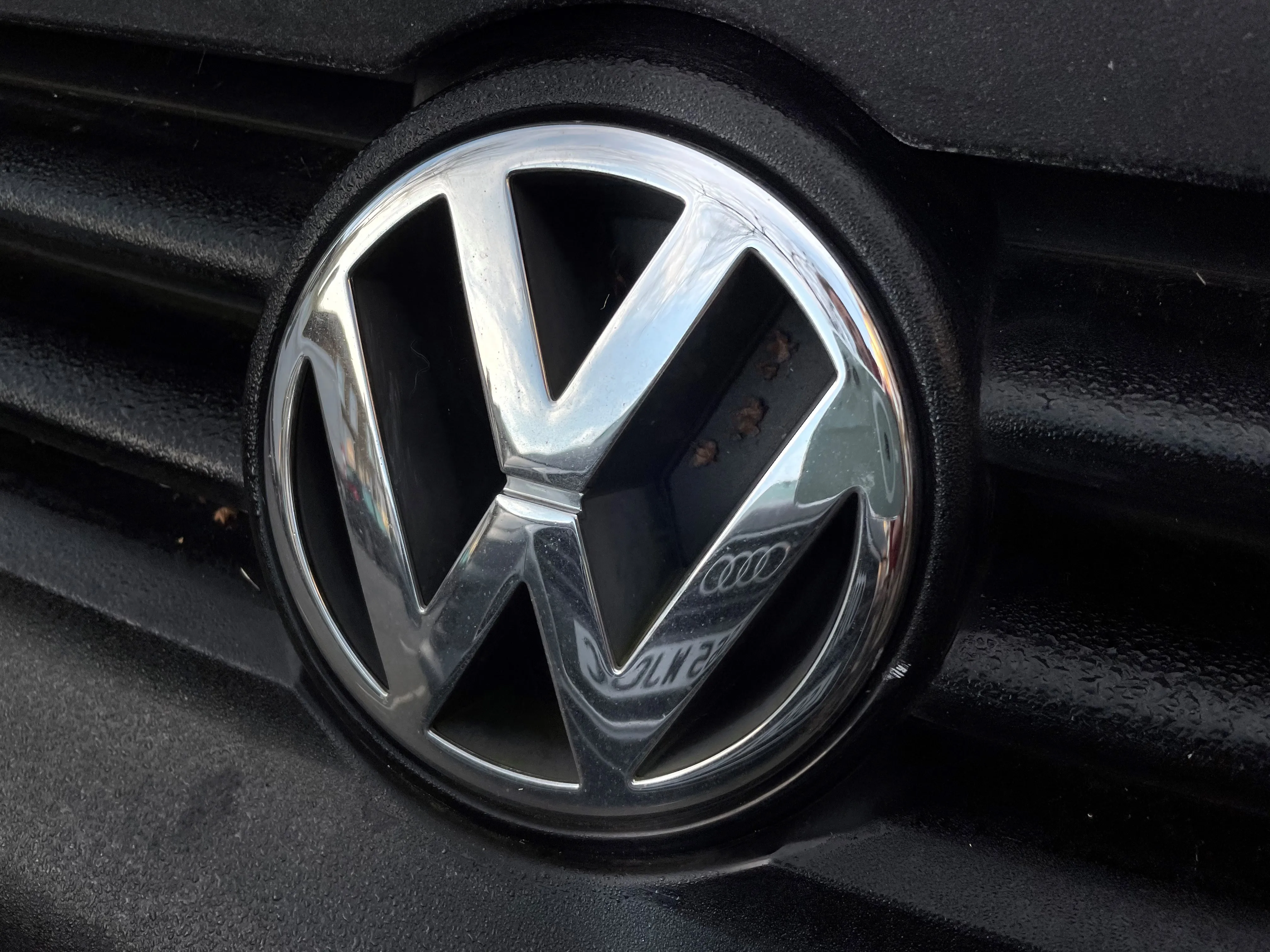Volkswagen's apparent name change to reflect electric vehicle credentials was meant as a joke
By Adam Hill
March 31, 2021
Read time: 1 min

News that global OEM Volkswagen was changing its name to 'Voltswagen' to emphasise its electric vehicle (EV) credentials appears to have been an early April Fool's joke.
The tradition of deliberately false and often amusing stories appearing in the media on 1 April is long-established, with well-known examples including the BBC's 'spaghetti tree' harvest film from 1957.
VW in the US issued a release - later removed - earlier this week, which announced the name change, and this led to global news coverage.
It now seems that the company may have accidentally released the 'news' in advance of April Fool's Day.
Forbes reports that the company's stock rose on Wall Street following the 'Voltswagen' announcement.









